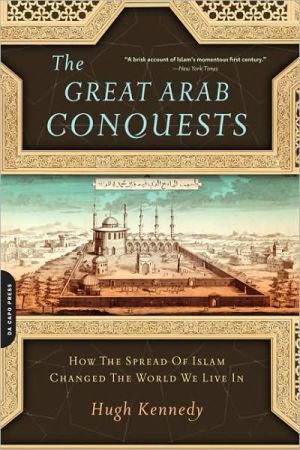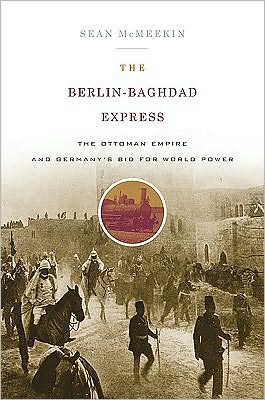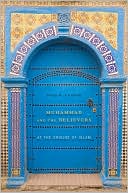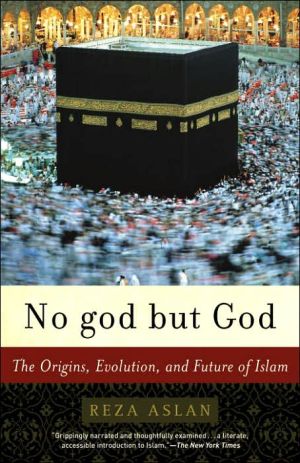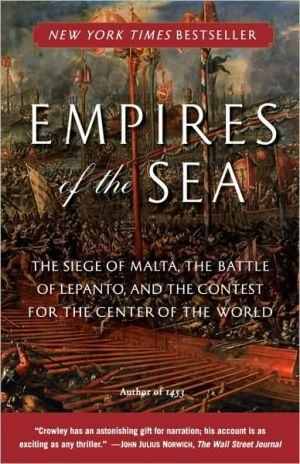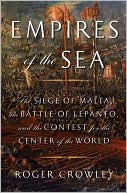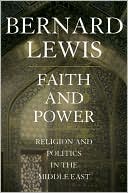The Great Arab Conquests: How the Spread of Islam Changed the World We Live In
In this engaging history, world-renowned historian Hugh Kennedy deftly sews together the stories of the people, armies, and events that conquered an area from Spain to China in just over 100 years.
Search in google:
From a leading expert in Arabic history, an engaging history of the great Islamic expansion that carved out an empire from Spain to Asia San Diego Union-Tribune Send a copy to the frat boys in the State Department...in the hope that they might remember the past so the rest of us aren't condemned to repeat it.
List of Illustrations and Maps viiAcknowledgements xxvPreface 1Foreword: Remembrance of Things Past 12The Foundations of Conquest 34The Conquest of Syria and Palestine 66The Conquest of Iraq 98The Conquest of Egypt 139The Conquest of Iran 169Into the Maghreb 200Crossing the Oxus 225The Road to Samarqand 255Furthest East and Furthest West 296The War at Sea 324Voices of the Conquered 344Conclusion 363Notes 377Bibliography 398Index 409
\ Books & CultureHugh Kennedy describes and convincingly analyzes the astonishing story of how the Arabs took over the Middle East.\ \ \ \ \ New York Times Book ReviewA brisk account of Islam's momentous first century.\ \ \ The EconomistBy painstakingly reconstructing the series of Arab conquests, Mr. Kennedy paints a picture strikingly at odds with the popular clich‚s.Mr. Kennedy tells a remarkable tale with skill and authority.\ \ \ \ \ San Diego Union-TribuneSend a copy to the frat boys in the State Department...in the hope that they might remember the past so the rest of us aren't condemned to repeat it.\ \ \ \ \ Financial TimesThis excellent guide to the campaigns initiated by Mohammed is highly relevant today.Not least, the account helps explain many of the current borders of the Muslim world. It also provides the early context for religious ideas that continue to motivate believers.A highly-readable account of remote events that still have a striking relevance for the shape of our modern world.\ \ \ \ \ Philadelphia InquirerThe Bush administration might have given all the Annapolis participants a swag bag-the mix of goodies Hollywood presenters get at the Oscars-packed with a copy.of The Great Arab Conquests.That would guarantee heated but honest future negotiations.State[s] historical truths most nonexperts, general readers and politicians ignore. The key truth laid out in fine narrative style by Kennedy.is that the Islamic and Arabic character of every Mideast nation outside of present-day Saudi Arabia is the blunt result of military conquest.\ \ \ \ \ Charleston Post and CourierThough the scope of the book appears slightly daunting, Kennedy surprises in giving unexpected texture and depth to these large-scale religious, military and political events.An eminently readable history of one of the most significant periods in world history.A dynamic, well-written account of the spread of Islam.\ \ \ \ \ ChoiceAn extremely readable work.in the flowing narrative style for which [Kennedy] has become known.An extremely valuable addition to the discipline.Highly recommended.\ \ \ \ \ Library JournalThis is a fascinating historical narrative of the Arab Muslim conquests of the Middle East and beyond from 632 C.E. to 750 C.E. Kennedy (medieval history, Univ. of St. Andrews, Scotland; When Baghdad Ruled the Muslim World: The Rise and Fall of Islam's Greatest Dynasty) does a marvelous job of drawing upon and interpreting the written conquest accounts of the Arabs, and of the people they conquered, including the Byzantines, Christians, Persians, and Jews, while using the research of modern historians to give as clear and rich an account as possible. His analysis comes down to the instability of the Byzantine and Persian Empires, the small populations owing to the plague that occurred just before the conquests, the absence of any real resistance by local populations being conquered, and the toughness of the Arab armies and their ability to move quickly. The book also includes a chapter of personal responses (both positive and negative) to the conquests, ranging from a Chinese prisoner of war to letters of vanquished Greeks. Highly recommended for all public and academic libraries.\ —Melissa Aho\ \ \ \ \ \ Kirkus ReviewsTalk about your clash of civilizations. How is it, wonders Kennedy (When Baghdad Ruled the Muslim World: The Rise and Fall of Islam's Greatest Dynasty, 2005, etc), that a comparative handful of desert herdsmen could conquer much of the known world and topple several venerable empires in the bargain?In 632 CE, when Muhammad died, Islam was confined to a few parts of the Arabian Peninsula. The dominant power in the region was the Byzantine Empire, with Greek the lingua franca of Egypt and the Holy Land; in much of the Middle East, Arabic was unknown. Yet, notes Kennedy, something unexpected happened; within the next century, Arabic-speaking armies, most smaller than 20,000 men, emerged from the Arabian desert and took down states from Portugal to Pakistan. The Muslim doctrine of jihad fit nicely with this unprecedented expansion, but it seems clear from Kennedy's anecdote-rich narrative that there was more to it than all that; the possibility of leaving the desert for more congenial, better-watered climes beckoned, and so did the prospect for wealth and booty figure. One telling tale, in that regard, concerns a man who tried to enlist, was warned that he might be martyred as a holy warrior and tried to back out-until he dreamed that should he join he would become rich, "which proved more enticing than the spiritual benefits." But the larger explanation for success, as Kennedy observes, is that the Arab armies were just that-armies: "The early Muslim conquests were not achieved by a migration of Bedouin tribesmen with their families, tents and flocks in the way that the Saljuk Turks entered the Middle East in the eleventh century," he writes. "They were achieved by fighting men underorders." Blend discipline, training and ideology with hunger, set all this up against ripe, decadent, even corrupt targets, and the Arab conquest seems nearly inevitable. A little-known history lucidly told, with episodes that might have come out of today's headlines.\ \
